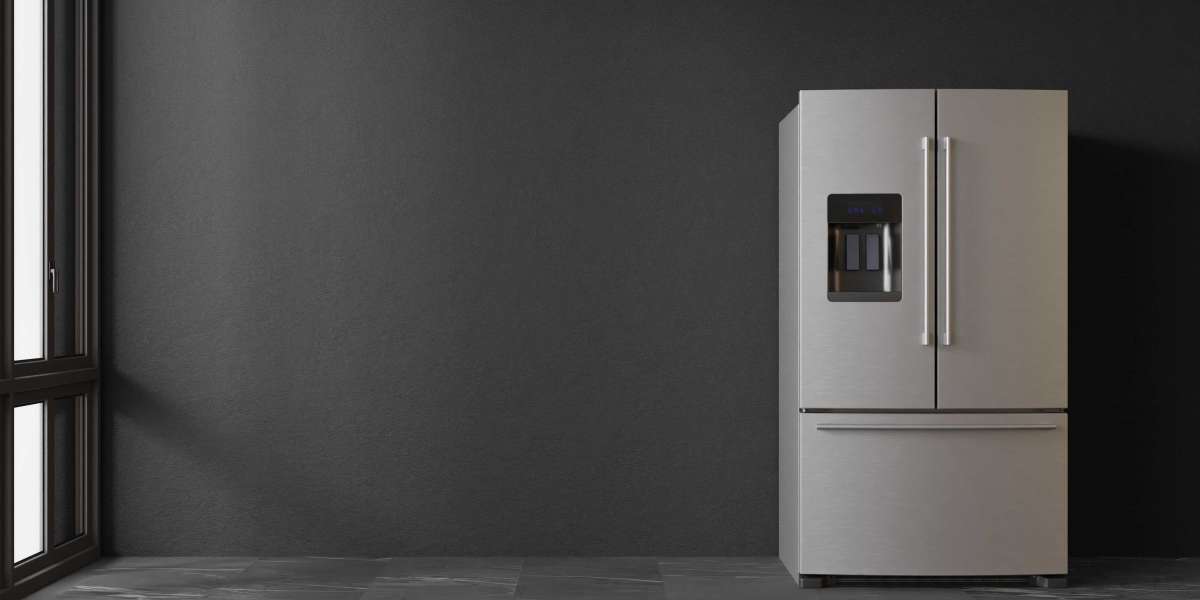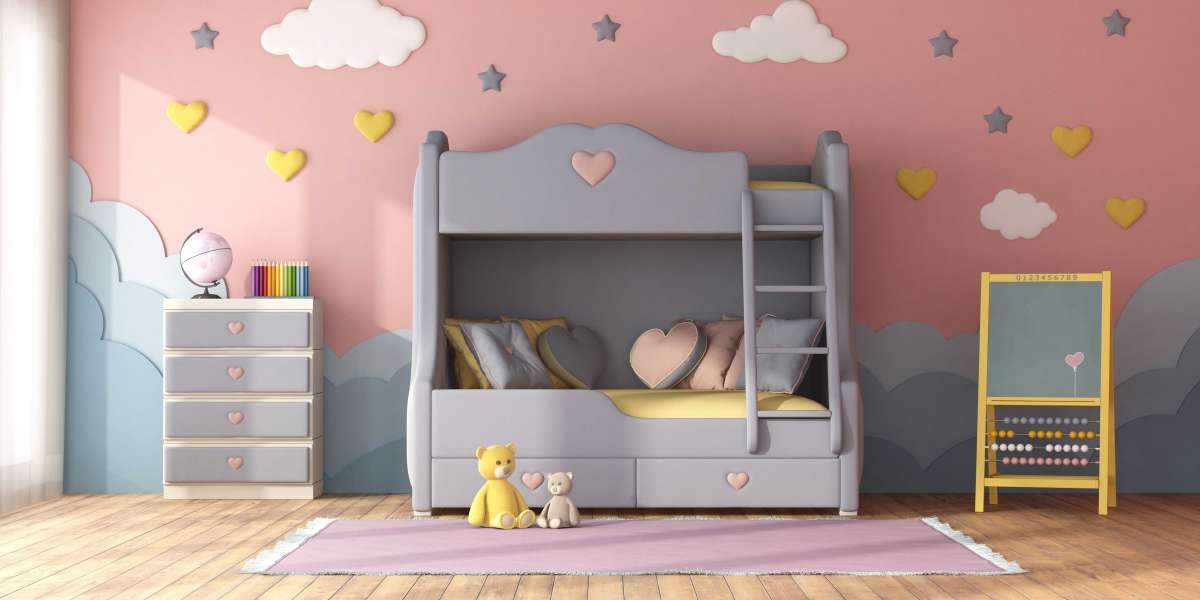Construction is a messy affair on the ground and on paper. Between shifting timelines, unpredictable weather, subcontractor disputes, and daily safety risks, there’s a lot that can go wrong before the project sees its final nail. Protection matters and Grand Rapids business insurance plays a major role in keeping construction companies above water when chaos inevitably strikes.
While West Michigan builders are great at reading blueprints, insurance policies don’t always make the same kind of sense. The language is loaded, the exclusions sneak up, and the coverage gaps have a habit of appearing right when you’re trying to file a claim. So what’s keeping Construction Company owners awake at night besides project delays?
- General Liability Gaps
You think you’re covered until someone falls through a half-finished staircase and suddenly you’re arguing over fine print. Many general liability policies don’t touch subcontractor mistakes, which is strange considering how often subs are on-site. Miscommunication or poor workmanship from a third party could still land you with the bill—or worse, a lawsuit.
- Worker’s Compensation Loopholes
Michigan law requires workers’ compensation, but not all policies are built to protect you from the aftermath of a serious injury. If the coverage is too lean, you could end up responsible for more than you bargained for. With skilled labor shortages in construction, losing one team member for months hurts the whole operation.
- Equipment Coverage That Misses the Mark
Bulldozers aren’t cheap and neither are skid steers or site generators. Yet many companies unknowingly rely on property insurance policies that only protect gear on their premises. If you’re hauling a $60,000 machine to a site and it disappears overnight, good luck explaining that to your insurer unless you have the right form of inland marine coverage.
- Project Delays and Business Interruption
If a crane goes down or materials get stolen, the job stalls and so does the revenue. But unless your insurance specifically addresses loss of income from such delays, you are stuck scrambling for new timelines and temporary fixes while profits shrink. A policy that doesn’t consider how delays impact your bottom line is practically useless.
- Environmental Liability
Construction in West Michigan often means digging through land that’s seen decades of industrial use. Disturbing contaminated soil or leaking something into a nearby water source is something that can cost you fines and time for cleanups. Standard liability won’t save you here either.
● Contractual Risk Transfer Problems
Not every subcontractor comes with airtight coverage, and not every contract does what you think it does. If your subcontract agreement doesn’t clearly shift liability, you might end up paying for someone else’s mistakes. Worse, vague language can leave both parties exposed and insurers pointing fingers instead of paying claims.
Conclusion
Getting insurance right for a construction company takes more than ticking boxes. It takes asking better questions and insisting on answers that make sense for your actual risks, not just a one-size-fits-nobody plan. The Grand Rapids market isn’t short on insurers, but finding one that truly understands how your business operates is the real win.














